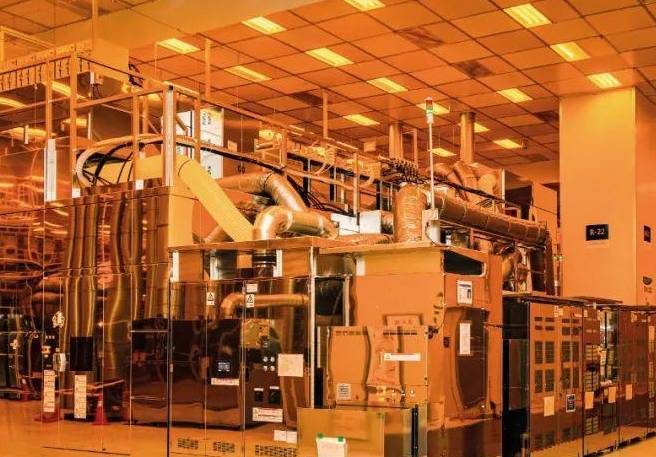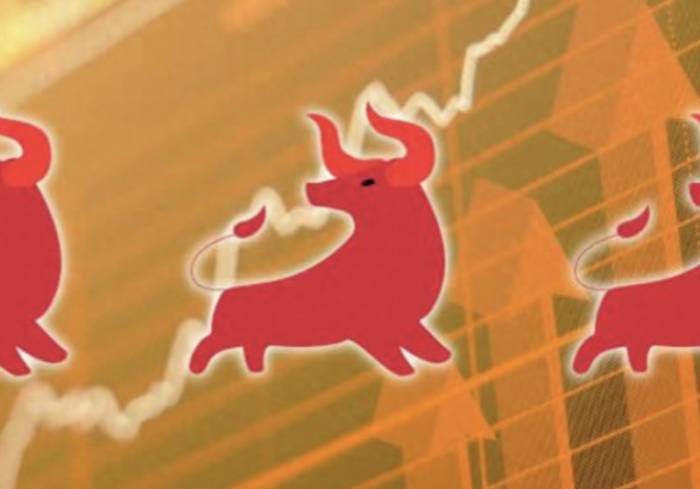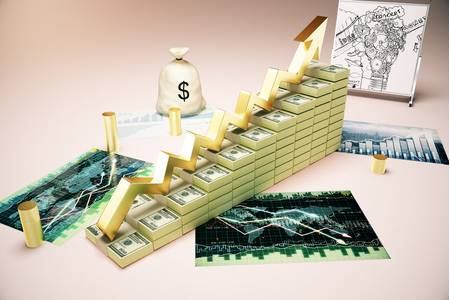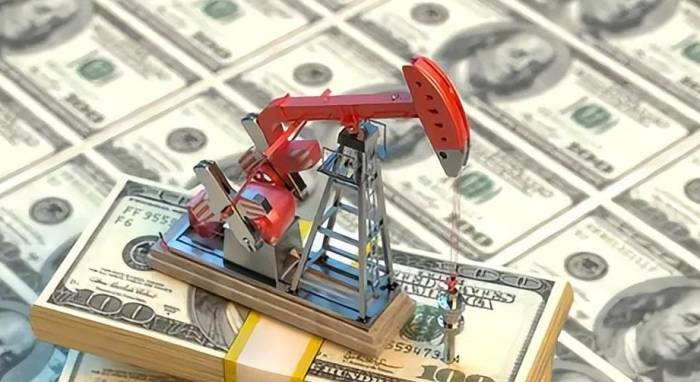In this rapidly changing era, the real estate industry, once hailed as the "engine of the economy," stands at a crossroads, with its direction affecting the hearts of billions of people. In recent years, as policy regulation deepens, market supply and demand relationships subtly change, and the global economic environment becomes increasingly unpredictable, the "golden age" of the real estate market seems to have quietly faded.
As the old saying goes: "Water can carry a boat, but it can also capsize it." The stability of the real estate market is directly related to the smooth operation of the national economy and the well-being of social livelihoods. So, if the real estate market cannot be rescued, what serious consequences might China face in the future?
Imagine if the giant ship of real estate really runs aground. How will China find a new course in the turbulent economic ocean? Let's delve into the discussion together and unveil the mystery of the five potential dilemmas.
1. Economic growth slows down, with immense pressure
As a pillar industry of the national economy, the rise and fall of real estate directly affects the growth rate of GDP. According to data from the National Bureau of Statistics, in recent years, the contribution rate of real estate and its related industries to GDP has remained at a high level. Once the real estate market falls into a slump, it will not only directly reduce the income of multiple industries such as construction, home decoration, and financial credit but also trigger a wide range of economic chain reactions through the industry chain. Declining corporate investment意愿, insufficient consumer confidence, slowing economic growth, and even the possibility of falling into a "stagflation" dilemma.
At that time, national fiscal revenue will decrease, and public services and livelihood security will face severe tests, and the overall level of social welfare may decline.
2. Financial risks accumulate, with hidden dangers everywhereReal estate is deeply intertwined with finance, representing the most sensitive link within the financial system. Numerous financial institutions such as banks, trusts, and funds are heavily involved in financing and investing in the real estate market.
Should the real estate market encounter systemic risks, such as a significant drop in housing prices or a breakdown in developers' cash flows, it would directly lead to a surge in non-performing assets within financial institutions, triggering credit tightening and market turmoil in the financial sector.
Historically, many financial crises have been closely related to the bursting of real estate bubbles. For a country like China, which heavily relies on its banking system, the stability of the real estate market is directly related to financial security and even national economic security.
III. Highlighting Livelihood Issues, Shattered Dreams of Secure Housing
"May I have thousands of houses, to shelter all the poor scholars and make them happy." Since ancient times, housing has been a critical issue for people's livelihoods. Fluctuations in the real estate market directly affect the living conditions and quality of life of ordinary people.
When housing prices soar, ordinary families can only sigh at the prospect of buying a home, burdened with the heavy pressure of mortgage loans; whereas a sharp drop in housing prices may lead to a reduction in the assets of those who have purchased homes, affecting family financial security and even triggering a "mortgage default wave."
In more severe cases, if developers' cash flows break down and there are abandoned buildings everywhere, countless families will fall into a predicament of "losing both money and housing," with their dreams of secure housing shattered and the foundation of social stability shaken.
IV. Obstacles to Industrial Structure Adjustment and Insufficient Innovation Momentum
The prosperity of the real estate market often comes with an excessive concentration of resources in this industry, squeezing the development space for other industries. Especially during the critical period of economic transformation and upgrading, emerging industries such as scientific and technological innovation, high-end manufacturing, and green energy urgently need substantial financial support and policy inclination.
If real estate continues to dominate, it will not only lead to the hollowing out of the real economy but also weaken the country's international competitiveness. In addition, high housing prices will increase the operating costs for businesses, reduce their innovation capabilities and profitability, ultimately affecting the sustainable development of the entire economy.V. Urbanization Progress Hindered, Urban-Rural Gap Widened
Real estate plays a significant role in the urbanization process, promoting the concentration of population in cities and driving the improvement of urban infrastructure and the enhancement of public service levels.
However, when the real estate market encounters difficulties, the urbanization process will be severely impeded. On one hand, the pace of urban renewal and expansion slows down, making it difficult to meet the growing needs of the urban population. On the other hand, the migration of rural population to cities will also be hindered, leading to more unequal distribution of resources between urban and rural areas, and further widening the urban-rural gap. This is not only detrimental to the realization of social equity and justice but also restricts the improvement of the country's overall development level.
Faced with these five dilemmas, all sectors of society have begun to actively seek solutions. Real estate experts have called for the establishment of a long-term mechanism for the real estate market, adhering to the positioning of "housing for living, not for speculation," to promote the stable and healthy development of the real estate market.
At the same time, it is necessary to accelerate the adjustment of the economic structure and the pace of industrial upgrading, cultivate new economic growth points, and reduce excessive dependence on real estate. The government should also increase the construction of public rental housing and improve the housing security system, allowing more people to realize the dream of having a place to live.
In this process, each of us is a participant and a witness. We look forward to finding a path for the development of real estate that is in line with China's national conditions and the trend of the times through the joint efforts of the whole society, making real estate a positive force for promoting economic and social development rather than a burden.
After all, home is the harbor in everyone's heart; and a healthy and stable real estate market is the cornerstone of the country's prosperity and strength.






























Leave a Comment